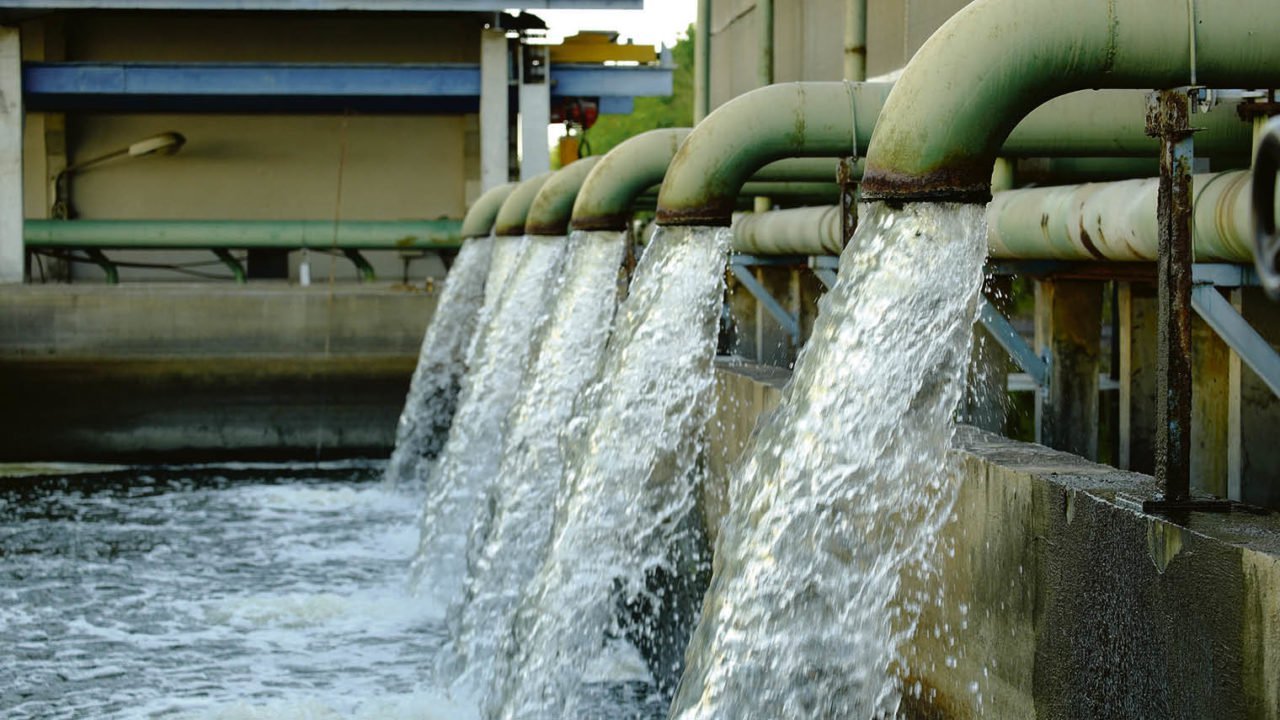The government of Kenya through the Ministry of Water, Sanitation and Irrigation has intensified efforts to secure universal water security through major water, sanitation and irrigation projects including policy.
Cabinet Secretary, Ministry of Water, Sanitation and Irrigation, Sicily K. Kariuki confirmed the report and said the country is a severe water stress according to the UN global scale on water security which stipulates minimum of 1000 cubic metres per person per year.
“Access in Kenya is estimated at a national average of 64% for water, 26% for sanitation in urban areas with non-revenue water at 41% and the annual water per capita is less than 500 cubic metres. To address this situation, the government through this Ministry is undertaking major water, sanitation and irrigation projects including policy, governance and legal interventions to increase water storage, improve sanitation and food security in the country,” said Kariuki.
Read:Japan hands over water training centre to South Africa
National Water Policy
In addition, the Ministry has developed National Water Policy, which has received Cabinet approval. The key policy direction includes progressive realization of universal access to water, management, conservation and protection of water resources; rehabilitation of riparian and catchment areas in order to eliminate pollution of water bodies.
The policy also emphasizes on comprehensive sector financing and investment between the county and national governments. Further the Ministry has developed Water and Sanitation Strategy, Water Resources Management Strategy and Water Harvesting and Storage Strategy, which are aimed at actualizing the policy and improving water service provision in the country.
Country endeavors to achieve the right to clean and safe water in adequate quantities, there is need to recognize that water resources in Kenya are not evenly distributed. Inter basin transfers of water is therefore very important and it can be achieved while addressing conflicts that inevitably arises from competing users through effective public participation and prudent sharing of the water resources to equally benefit all.

